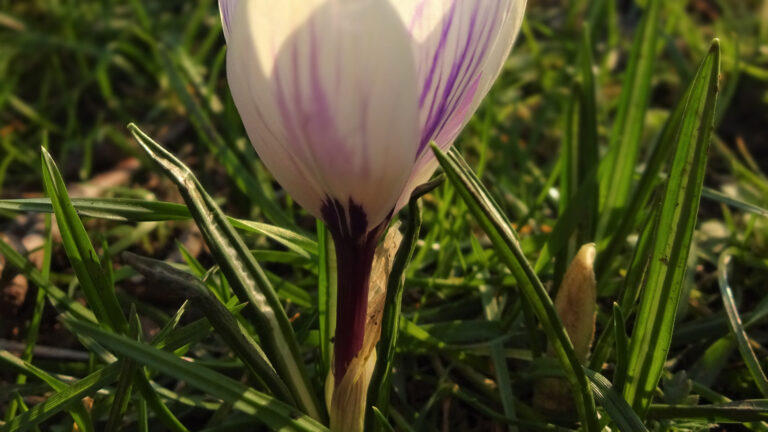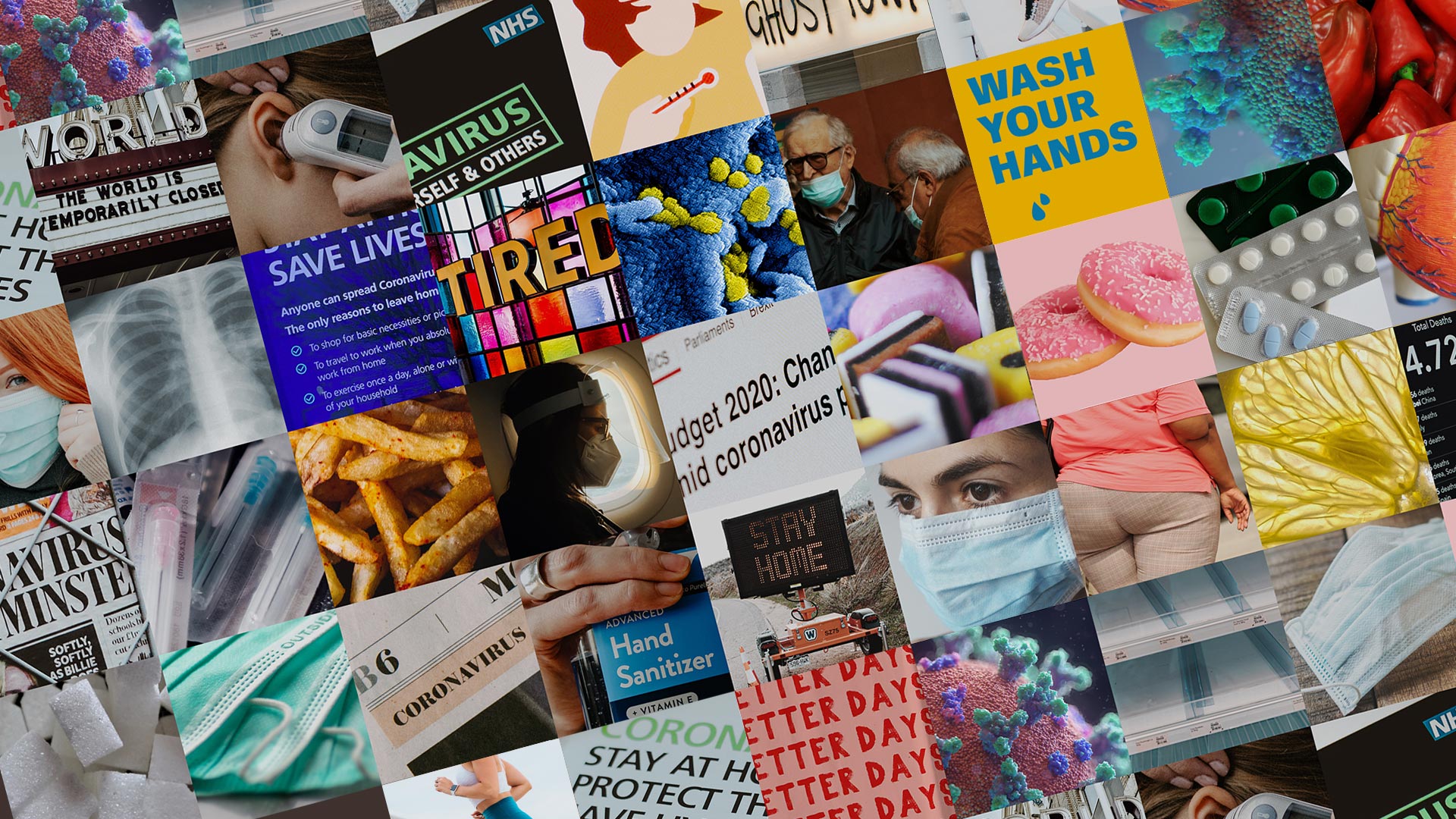Or an opportunity missed…
We are certainly living in interesting times. And whereas each day seems to bring new surprises one thing is clear. Health has never been a hotter topic. However curiously, I’ve found the focus on this area by the mainstream media has been largely unhelpful. Our world is experiencing the advent of a relatively unknown pathogen. The logical response is to take necessary precautions to reduce exposure whilst improving one’s ability to combat it. However the media has all but ignored the latter choosing to focus on fear over education. To my mind this stance is not only unproductive but also hugely disempowering. For the fact is, as with any viral pathogen, that the body’s response to it is the determining factor where outcome is concerned.
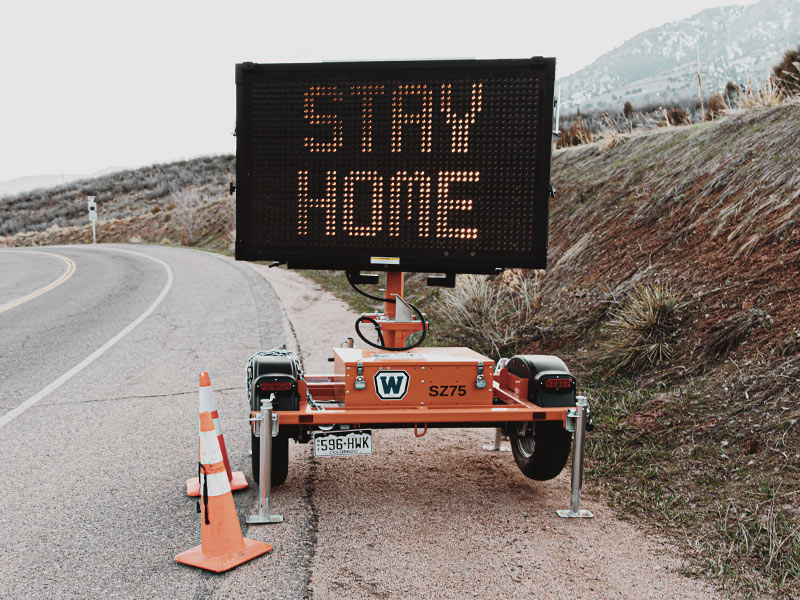
We have now reached a stage where society is beginning to reduce the constraints under which we have lived. However several of my clients have been so terrified of this event that they insist on remaining housebound for the foreseeable.
During these past few months my clinic has seen a surge in uptake. Although gratifying to note people’s interest, the reality is that it is the few, rather than the many seeking to improve their health during these times. Why is this the case, you may wonder? Once again, media intervention has had a heavy hand to play. The relentless publication of death tolls and an obscene degree of scare-mongering has clearly taken its toll. We have now reached a stage where society is beginning to reduce the constraints under which we have lived. You would think that most people would be pleased by this. However several of my clients have been so terrified of this event that they insist on remaining housebound for the foreseeable. I can understand a certain degree of trepidation. After all, the government has warned us to ‘Stay Alert’. However, the humanisation of this virus – a demonic invader that seemingly lurks around corners awaiting its prey – is just plain wrong. It would be viewed as comical were it not for the deleterious effect it has clearly had on some people’s mental health.
The fact is that along with bacteria and other organisms, viruses form a part of the human microbiome (the collection of organisms that make us who we are). They are an inescapable entity to which we are routinely exposed in our day-to-day. Some help to improve the microbiome; some pass by unnoticed, whilst others are responsible for causing illness. However the manner in which we react to an organism is highly reliant on our level of health. If our microbiome is robust, diverse and thriving we experience good health. This explains why people can react so differently to the same pathogen. Some people can become incredibly ill, whilst others will experience little to no symptomatic reactions whatsoever.

But why is such a vast proportion of our population suffering from largely preventable diseases? Surely this is the conversation we should all be having?
In April this year European Scientist published an article by award-winning cardiologist Dr Aseem Malhotra entitled Covid 19 and the Elephant in the Room. In it Dr Malhotra explores the connection between the mortality rate of Covid sufferers and those with existing chronic disease, notably Obesity, Diabetes and Metabolic Syndrome. And only this week godfather of Functional Medicine, Dr Jeffrey Bland, wrote a similar article entitled COVID-19: A Pandemic within a Pandemic. Both doctors examine the intimate connection between chronic disease and the virus. What has perhaps been most shocking is the unveiling of the huge percentage of the population who suffer from these types of disease. The correlation between ‘Covid fatalities’ and people within this category is undeniable. But why is such a vast proportion of our population suffering from largely preventable diseases? Surely this is the conversation we should all be having? And what can we do to address this?
The fact is that human health has been in decline for some time now. Whereas we are capable of prolonging people’s existence, the quality of so many lives is hampered by chronic ill health. Never before have we seen such a high incidence of childhood illness. As a health care practitioner even I have been astonished by the revelations afforded by this outbreak. But it seems to me that this knowledge has provided a gateway opportunity to make the necessary changes to pave a better future for human health. For at any given time there is so much an individual can do to help improve their health situation. All of my clients who sought guidance during this time know this. However sadly, it seems that so many don’t. There is a curious general attitude that prevails where health is concerned. In cases of preventable disease many expect someone else to step in and ‘save’ them. I often wonder where along the line we lost our general sense of personal responsibility? (Some of you will remember that this was a topic in one of my previous articles.)
Basic factors such as a clean, healthy diet, drinking enough water, avoiding sugar, getting enough sleep, exercise, sunlight and fresh air – all of these are fundamental to our health and yet some people still need to be told this. When did our focus shift from these essential facts? During this time the media has paid brief lip-service to two nutrients that are vital to human health and have been shown to be key players in effectively combatting this virus. These are two examples that could also help to improve a person’s overall health picture and yet, they have barely been mentioned. The focus on simple and safe measures involving healthy diet and supplementation has been minimal. Yet it seems to me that this is the basic information that people need to begin to make changes that will afford a healthier outcome, not only in the face of a virus but also in their day-to-day living. It is clear that as a population we need to make changes to avoid a future of chronic disease. I wonder if rather than focusing so heavily on fear-mongering the media chose to highlight the responsibility of personal care that we might not create a healthier paradigm for living that is accessible to all?
Read More
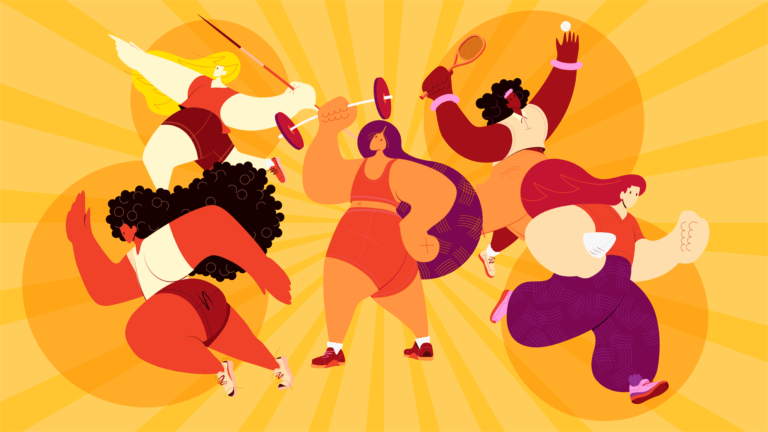
Let’s Get Physical
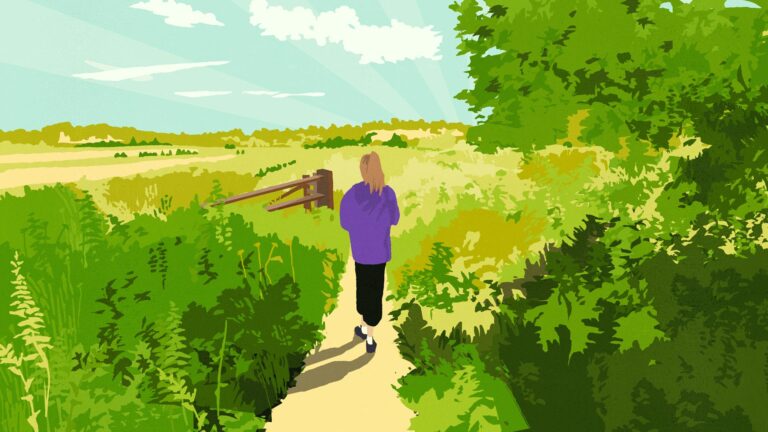
Nature Nurture
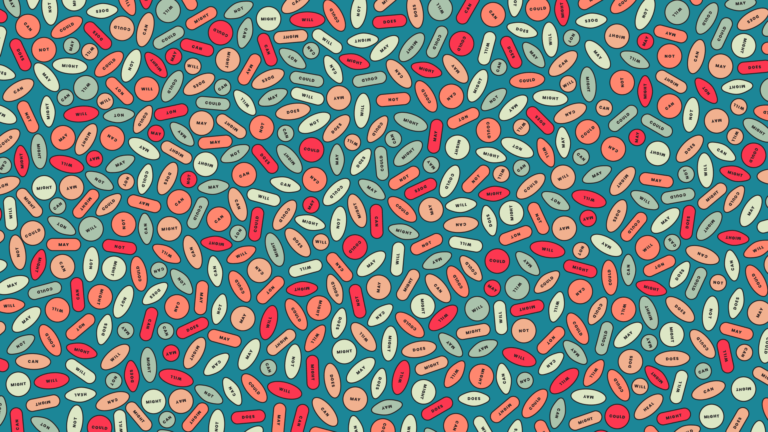
All Good Intentions

Child Friendly Fayre
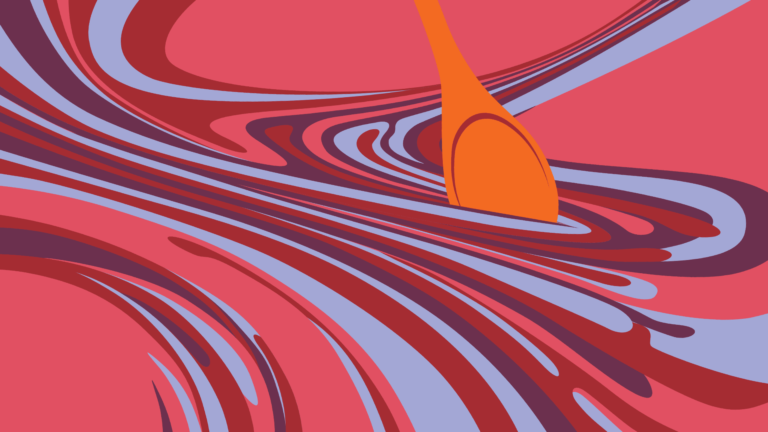
Soul Food for Challenging Times
